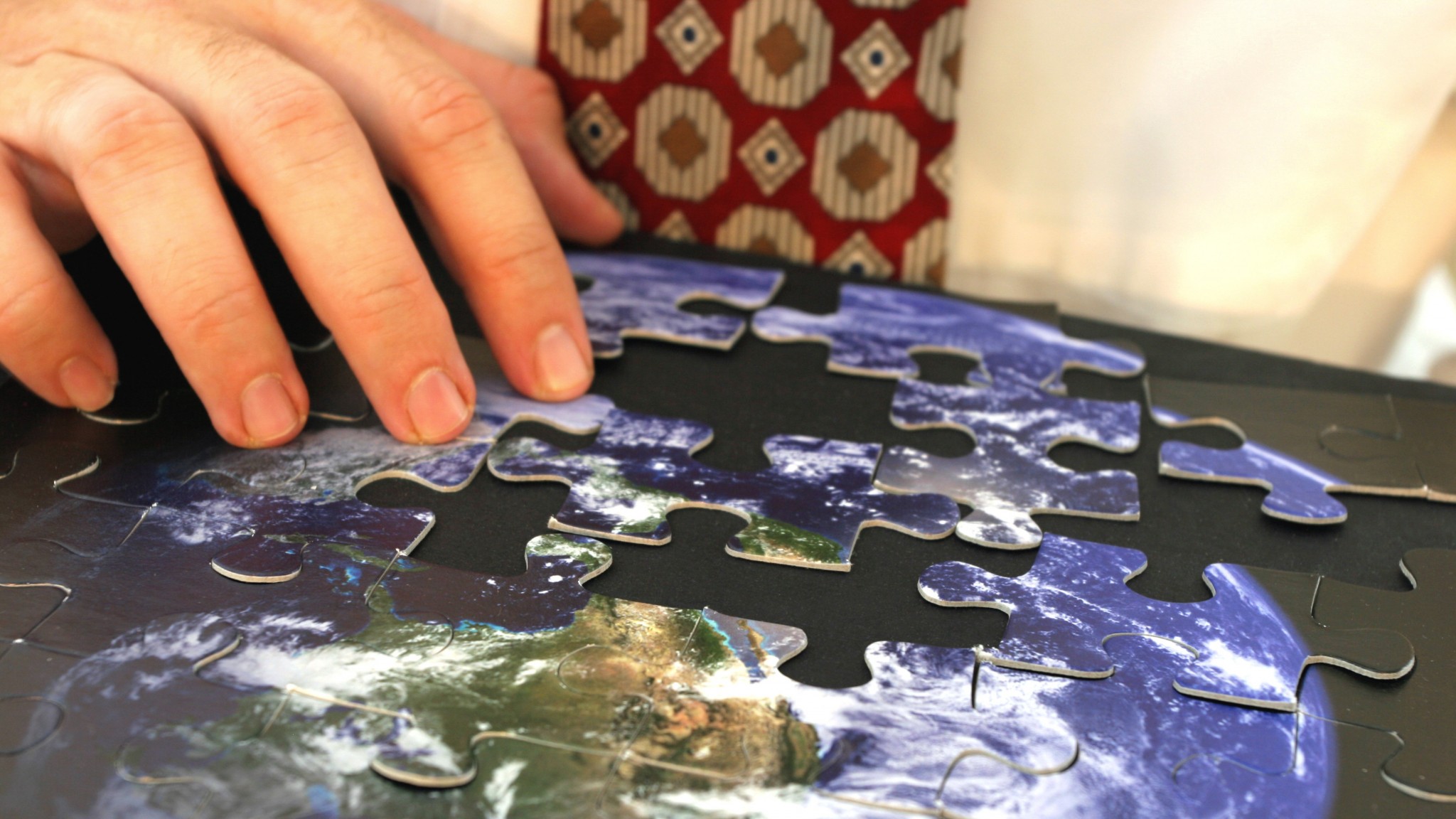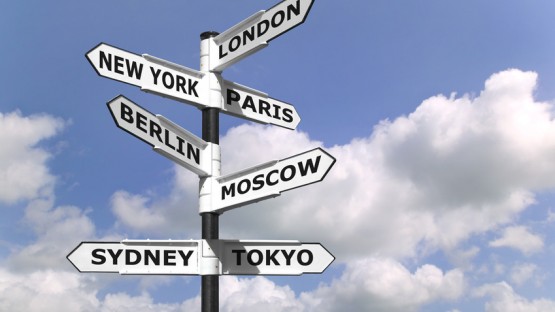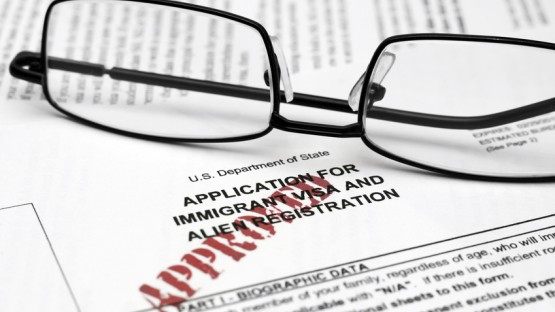
Working abroad?
International Etiquette for Businesspeople

First of all, there is no such thing as a comprehensive and universally valid set of business etiquette rules, as every country in the world has its own unwritten code. Below you can find some essential basic guidelines on social interaction in a multi-national business context that will help you avoid the pitfalls of international etiquette.
Avoid Embarrassment
Even tiny mistakes in international etiquette can have a negative effect on your career. They may be interpreted as a significant lack of manners and can put an abrupt end to your business abroad. To your business partners, you will appear uninformed or downright rude, and you might jeopardize your business deal if you do not take the time to research social customs beforehand.
Etiquette is no randomly assembled set of rules but has its firm grounding in the culture of the respective country. For example, if you are aware of the concept of “face” in many Asian cultures, you will know what implications it has for business conduct: If you want to be respected by your Asian contacts, never “lose face” in front of them, and by all means avoid causing your potential business partners to “lose face”. This is how cultural awareness can help your career.
Personal Space
Respecting other people’s personal space is a crucial aspect of international etiquette, even in business. It is important to keep in mind that there are significant differences between cultures and between genders. Although it is almost impossible to go wrong with a handshake, it’s always a good idea to hold back when in doubt. By observing your environment closely, you will learn quickly where people draw the line between cordiality and intrusiveness. You need to learn not to cross that line.
You may notice that in some cultures men are very touchy-feely with each other. Hugs may be a regular way of greeting business partners and colleagues. However, for a man to greet female colleagues or contacts in the same way could be a huge faux pas.
Business Cards
In most Western countries, business cards serve a purely informational purpose. It is acceptable to bend them, fold them, shove them in your pocket or use them to jot down some notes or a private phone number. However, in other parts of the world, international etiquette dictates that business cards must be treated with the utmost respect.
In Arab and some Asian countries, it is important never to use your left hand to receive a business card, as this hand is reserved for personal hygiene. In other Asian countries, such as China (including Hong Kong), Japan and Singapore, you give or receive business cards with both hands, often accompanied by a small bow.
As a general rule, try to treat everything, including business cards, you receive from your business partners with respect, no matter whether these items hold a lot of significance in your home country or not. It may seem trivial to you, but it can make or break a business deal.
Our articles on cultural differences in international business and international business culture provide further information on the subject of international etiquette.




























